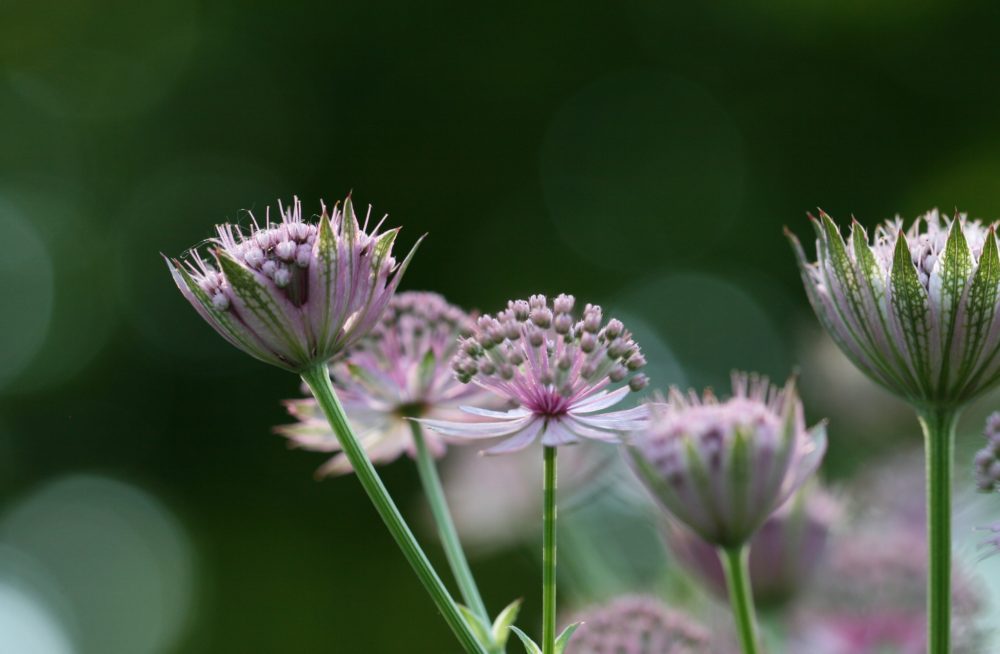The 34th verse of the 37 Verses of a Bodhisattva implores us to speak with heart. It says,
Using harsh words disturbs the minds of others
and causes the character of bodhisattvas to degenerate.
Therefore, it is the practice of bodhisattvas to abandon abuse directed at others which is unpleasant to hear.
Verse 37
The above verse is the Dalai Lama’s translation, and I appreciate how he once again uses the word “degenerate” to explain how, when we speak harshly to others, we are the ones who lose our vitality. So what does it mean to speak with heart?
The Buddha described speech in three ways: like honey, like flowers, and like excrement. Verse 34 is talking about the third option. When we speak aggressively to others, we shut them down. And that means they can’t respond in the way we want! Surely you remember a time when someone’s words shut you down and made you feel ashamed. Did you feel empowered to be better in that moment?!
Instead of using harsh words, we can choose honey or flowers. As Dilgo Khyentse writes, “Words that help and please are like honey. Words that are honest and true are like flowers. But violent, harmful words and falsehoods are like excrement, and must be abandoned.” I appreciate that this verse doesn’t imply that we can’t criticize, or call out. It doesn’t mean being “nice” all the time. It means that, especially when change is required, we choose our words in a way that makes room for the person hearing to actually change. As Khyentse says, the goal is “to bring people onto the path of liberation.”
This clarifies things. If our goal is the liberation of all, then our words must match our mission. And aggressive, degrading speech- even if it feels deserved- doesn’t help people get free. It doesn’t help the person who hears them, and it doesn’t help the person who speaks them.
So flowers and honey, it is. What if this year, we resolve to use far less harsh words, and instead choose to speak in a way that brings about our continued liberation?




